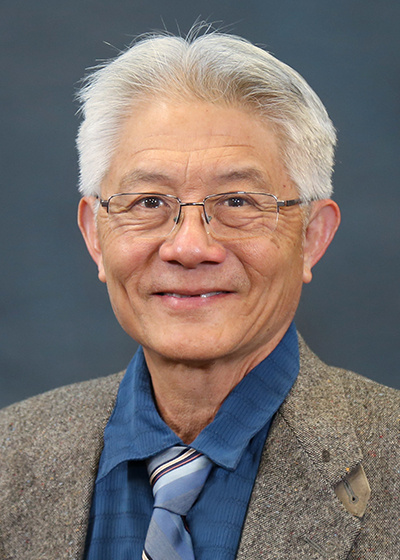MSU professor using AI to research cotton contamination
February 25, 2022
 STARKVILLE, Miss.—A Mississippi State University agricultural and biological engineering professor is using Artificial Intelligence to detect and separate plastic contaminants from cotton.
STARKVILLE, Miss.—A Mississippi State University agricultural and biological engineering professor is using Artificial Intelligence to detect and separate plastic contaminants from cotton.
Filip To, a professor in the Department of Agricultural and Biological Engineering, is researching technology that will help produce contaminant-free cotton using imaging with AI. Cotton contamination, primarily from plastic, is a world-wide problem that can have a large economic impact, especially for cotton producers.
“The contamination can be traced from textile factories all the way back to the farmer, and then the farmer gets discounted because of it,” To said. “It’s significant from the grower point of view and it really changes their profitability, and it can hurt their reputations."
To became aware of the issue through the U.S. Department of Agriculture’s Agricultural Research Service, USDA-ARS, who sponsors the project. To works with the USDA-ARS Cotton Ginning Lab in Stoneville where he can do testing with smaller quantity of cotton in real-time.
“Currently, we have this expert system or artificial intelligence system that continuously evaluates the images that come in from the camera,” To said. “When it sees plastic, it would display on the screen and activates an actuator.”
To’s research goal is to develop a technology that will create contaminant-free cotton bales. To and his graduate researchers have a prototype that they will test in the ginning lab.
“We hope in one year's time, we’ll be able to test it in the production environment,” To said. “Right now, it’s laboratory environments. COVID-19 is really affecting us and we’re delayed by at least one year.”
In addition to halting tests of the prototype, COVID-19 has stopped fabrication of the components due to labor shortage.
While reducing plastic contamination is the main goal of To’s research, monitoring moisture is also an area of research in this project.
“We are developing a sensor that does the monitoring of moisture in real time,” To said. “As the cotton is flowing through the system, it could tell what the moisture is and then it consequently tells the drying system to increase or decrease heat for maintaining correct moisture level.”
To believes this research is important because it is both a national and global problem that should have a solution.
“Textile is a very significant industry in the world, in the U.S. as well,” To said. “This is a very timely problem. It’s a timely solution as well. We have the capability and hopefully we’ll find a good solution for all of this.”
The Bagley College of Engineering is online at www.bagley.msstate.edu and can be found on Facebook, Twitter, Instagram and YouTube at @msuengineering.
MSU is Mississippi’s leading university, available online at www.msstate.edu.
By Emily Cambre
